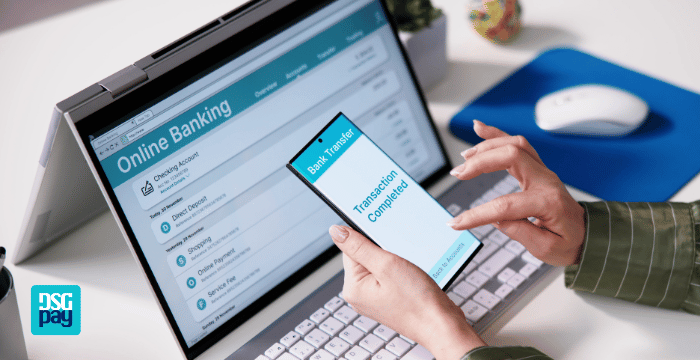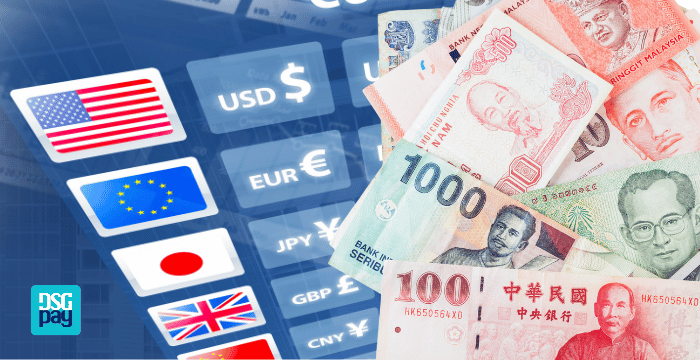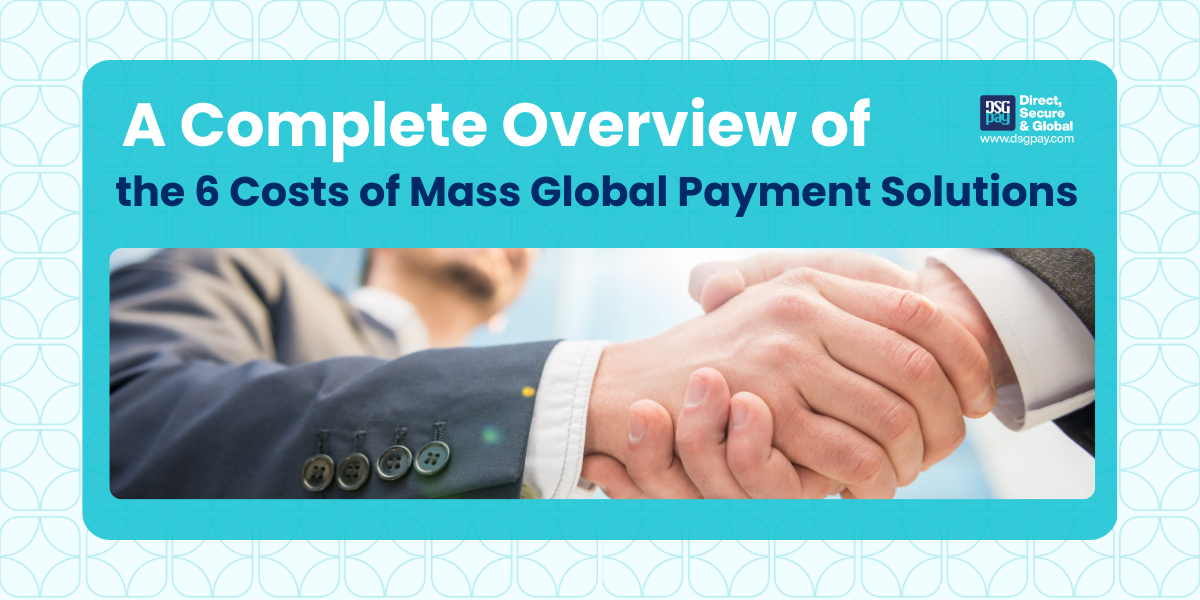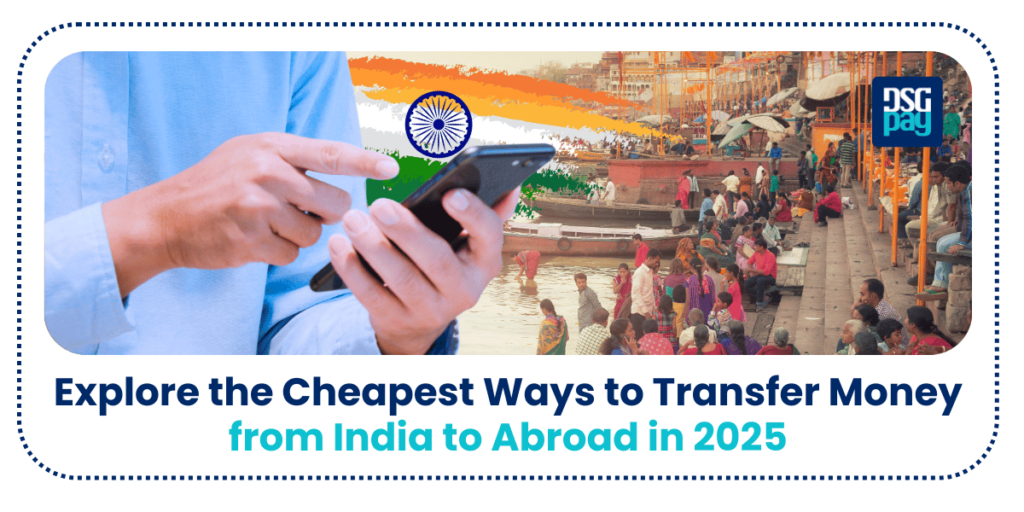Mass global payment solutions have become increasingly popular in recent years. These solutions allow companies to efficiently payout to large numbers of recipients, including suppliers, employees, freelancers, and partners, in different parts of the world. However, before diving into these systems, it is critical to understand the various costs involved.
Understanding the Costs of Mass Global Payment Solutions
This blog post will break down the key elements that contribute to the overall costs of mass global payment solutions.
1. Setup Fees
The initial setup of a mass global payment solution can come with significant upfront costs. These typically include the purchase or lease of the necessary hardware and software that make the system operational. Some solutions may require more than just the core software; integration with existing systems can incur additional costs.
For example, connecting the payment system to a company’s accounting software or customer relationship management (CRM) tools can require custom development or third-party integrations.
To ensure that you get an accurate estimate of the setup fees, it is recommended to consult with a vendor or service provider. They can provide a detailed breakdown of the costs involved and help you determine the best solution for your needs and budget.
2. Transaction Fees
One of the most significant costs associated with mass payment solutions is the cost of processing transactions. These fees can vary depending on the solution but can include charges for each transaction, monthly fees, and even fees for account maintenance.

To understand the cost of processing transactions with mass payment solutions, research the fees associated with various solutions and compare them. Look for solutions that offer transparent pricing and factor in all fees.
3. Currency Conversion Fees

Currency conversion fees can add up for businesses that need to make payments in multiple currencies. For businesses that need to make payments in multiple currencies, these fees can represent a significant portion of the overall costs of mass global payment solutions. The payment processor typically charges a percentage of the transaction amount as a currency conversion fee. This percentage may vary depending on the currencies involved and the service provider.
4. Monthly or Annual Fees
Some mass payment solutions may come with monthly or annual fees, which can gradually increase the overall costs of mass global payment solutions. These fees often cover essential services such as account maintenance, technical support, and software upgrades. Monthly fees provide businesses with flexibility, allowing them to adjust or cancel the service as needed.
However, annual fees typically offer a discounted rate, which can help reduce the costs of mass global payment solutions in the long run by paying upfront. This structure can provide a more cost-effective option for businesses with ongoing payment needs.
5. PCI DSS Compliance Fees
Organizations that handle sensitive payment information must comply with the Payment Card Industry Data Security Standard (PCI DSS). These compliance fees can significantly contribute to the costs of mass global payment solutions, as ensuring data security and regulatory adherence is crucial for avoiding potential breaches and penalties.
6. Security and Fraud Prevention Fees
Protecting sensitive payment information is a critical aspect of mass payment solutions, and as such, these solutions often come with built-in security and fraud prevention features. It’s important to weigh the cost of security and fraud prevention fees against the potential risks and costs of fraud or security breaches. While these features may increase the upfront cost of a mass payment solution, they can also protect against costly incidents in the long run.
Conclusion
Mass global payment solutions help businesses manage international payments efficiently, but they come with a variety of costs that must be carefully considered. The costs of mass global payment solutions include setup fees, transaction fees, currency conversion fees, monthly or annual fees, PCI DSS compliance fees, and security expenses. By understanding these costs, companies can make informed choices when selecting a provider.



